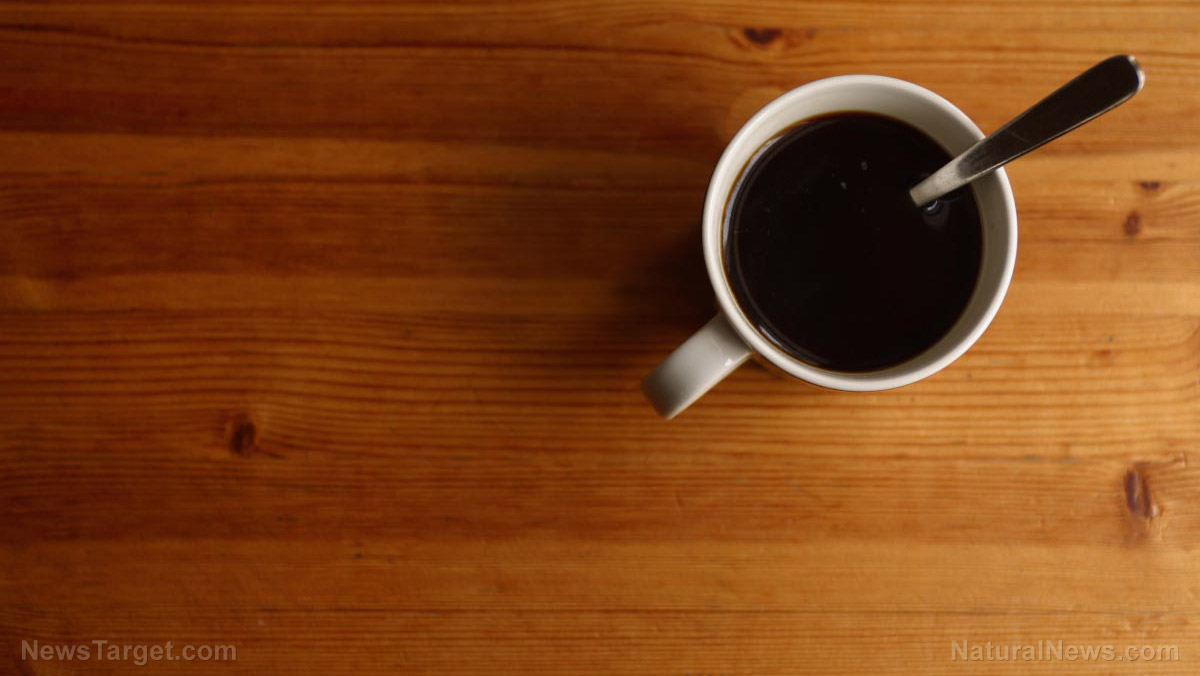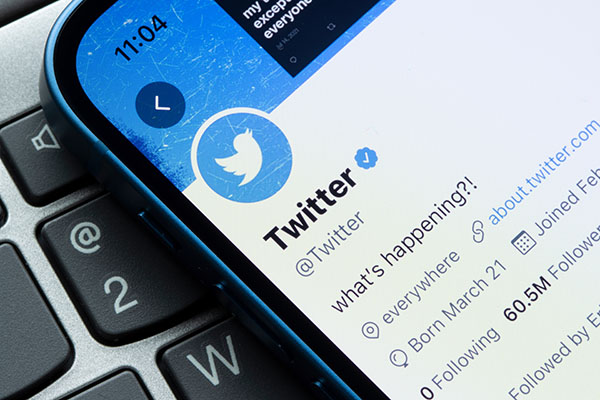 Parler
Parler Gab
Gab
"It is inhumane, in my opinion, to force people who have a genuine medical need for coffee to wait in line behind people who apparently view it as some kind of recreational activity." ~ David BarryLet us also not forget that one of the first documented uses of coffee over 500 years ago was in the Sufi monasteries of Yemen where coffee was known as qahhwat al-bun, or, the 'wine of the bean,' the phrase which provided the etymological origin of the word coffee. Once lauded as a "miracle drug" and used as a sacrament in late-night rituals to invoke the sensation of God within revelers, still today, coffee drinkers are known to cast themselves into bouts of coffee-drinking induced reverie and enthusiasm (literally: en "in" + theos "god" or "god-filled") by drinking this strangely intoxicating, and yet somehow still sobering concoction.

"Coffee makes us more aware of our bodily structure. And since this structure is so wise and logical, our thoughts become logical in their awareness of it. Coffee thus helps thinking to find a firm foundation. The connection between bodily being and thinking, keeps calling itself to our attention. Coffee has the same effect on digestion that thought has on our upper man, i.e., a properly ordered metabolism goes hand in hand with orderly thinking. Both are founded on a properly ordered physical structure." ~ Rudolf Hauschka, Nutrition: A Holistic Approach
Coffee is also one of the only sources of "bitters" remaining in the sweet-fixated Western diet, which sadly comes with a certificate of guarantee that the bearer will likely develop type 2 diabetes, heart disease or a receive a cancer diagnosis at some point in their life. Could the extreme bitterness of coffee be the reason why it has been repeatedly shown to reduce type 2 diabetes risk, as it is one of the only ways we can balance out the highly inappropriate excesses of carbohydrate in our modern dietary configuration? We don't normally think of grains as sweet, but they are on the glycemic index. Puffed rice, for instance, can make the blood sweeter than white sugar which is why 'complex' carbs are known as "crouching diabetes, hidden sugar." Coffee contains a wide range of blood-glucose and insulin sensitizing compounds, making it an ideal complement to a carbohydrate-deranged diet. Coffee also awakens and stimulates the Qi, as it is known in the Chinese medical tradition. This was discussed in an article entitled "Similarity between the effects of coffee and qi stimulating events". While raising Qi through exercise and energy work is the ideal situation, coffee provides a short-cut which is the modus operandi in the modern world: instant gratification in exchange for (energy) indebtedness. When used responsibly,* however, coffee may be a great boon to health, and has even been studied to provide an alternative to commonly prescribed drugs with serious side effects like prednisolone. There are, in fact, over 100 potential health applications of coffee as documented on our coffee research database node. We have also identified 33 distinct 'pharmacological actions' coffee may activate to produce positive health results. Just make sure its organic and prepared with clean, toxicant-free water. *Responsibly could be defined as using it as a medicine, occasionally, versus every day, several times a day. Good luck with that! Read more at: GreenMedInfo.comDown with Big Brother: Warrantless surveillance makes a mockery of the Constitution
By News Editors // Share
Research: Radiotherapy causes cancer, blueberry kills it
By News Editors // Share
WATCH: U.S. Air Force Secretary ADMITS less than third of Lockheed’s F-35s are operationally capable
By News Editors // Share
X says “anti-misinformation” agency spreading falsehoods caused “incalculable” damage
By News Editors // Share
DAVID KRAYDEN: America is already a police state; it just hasn’t captured you yet
By News Editors // Share
Governments continue to obscure COVID-19 vaccine data amid rising concerns over excess deaths
By patricklewis // Share
Tech giant Microsoft backs EXTINCTION with its support of carbon capture programs
By ramontomeydw // Share
Germany to resume arms exports to Israel despite repeated ceasefire violations
By isabelle // Share










